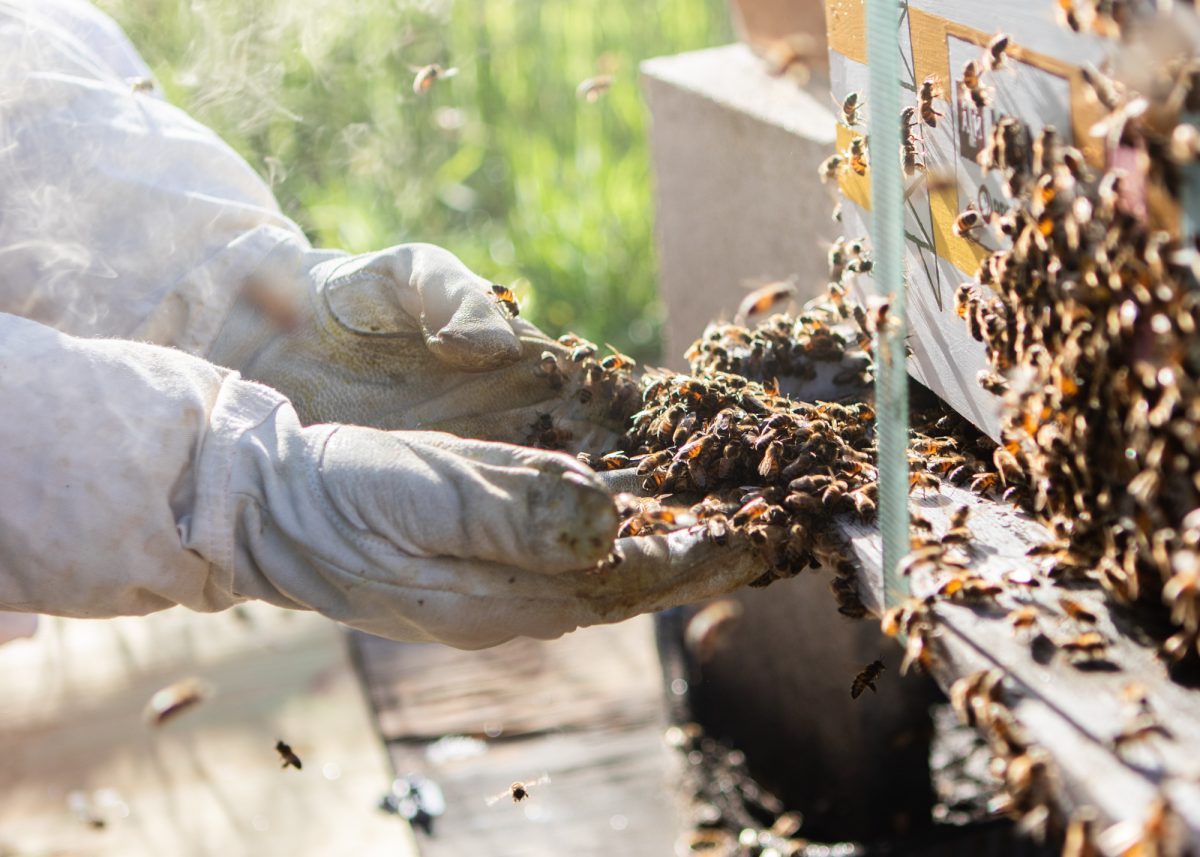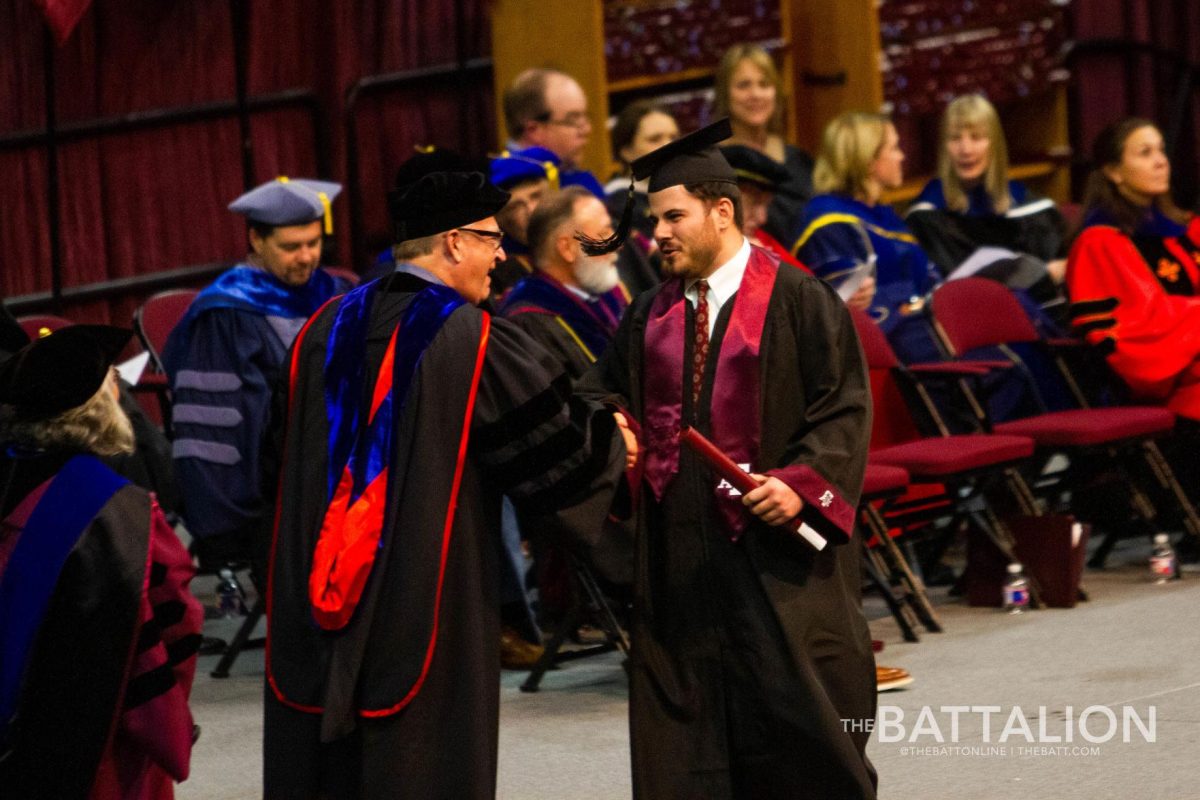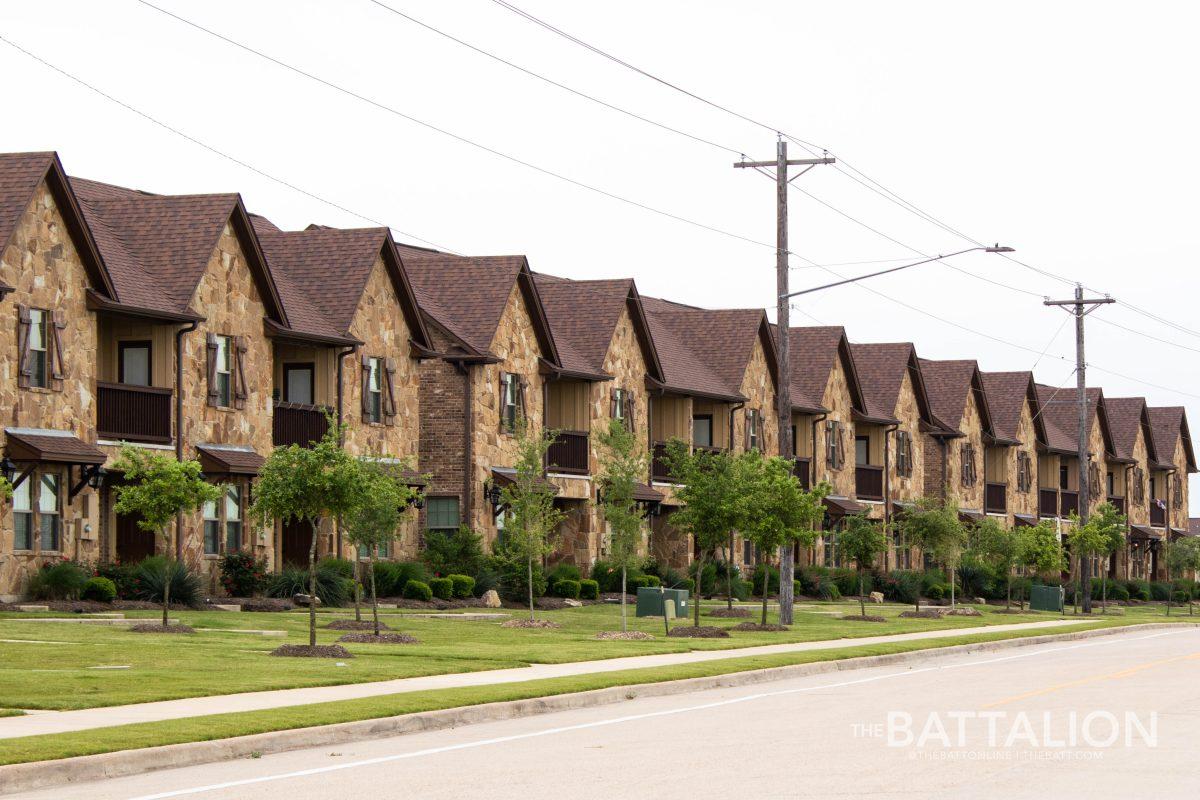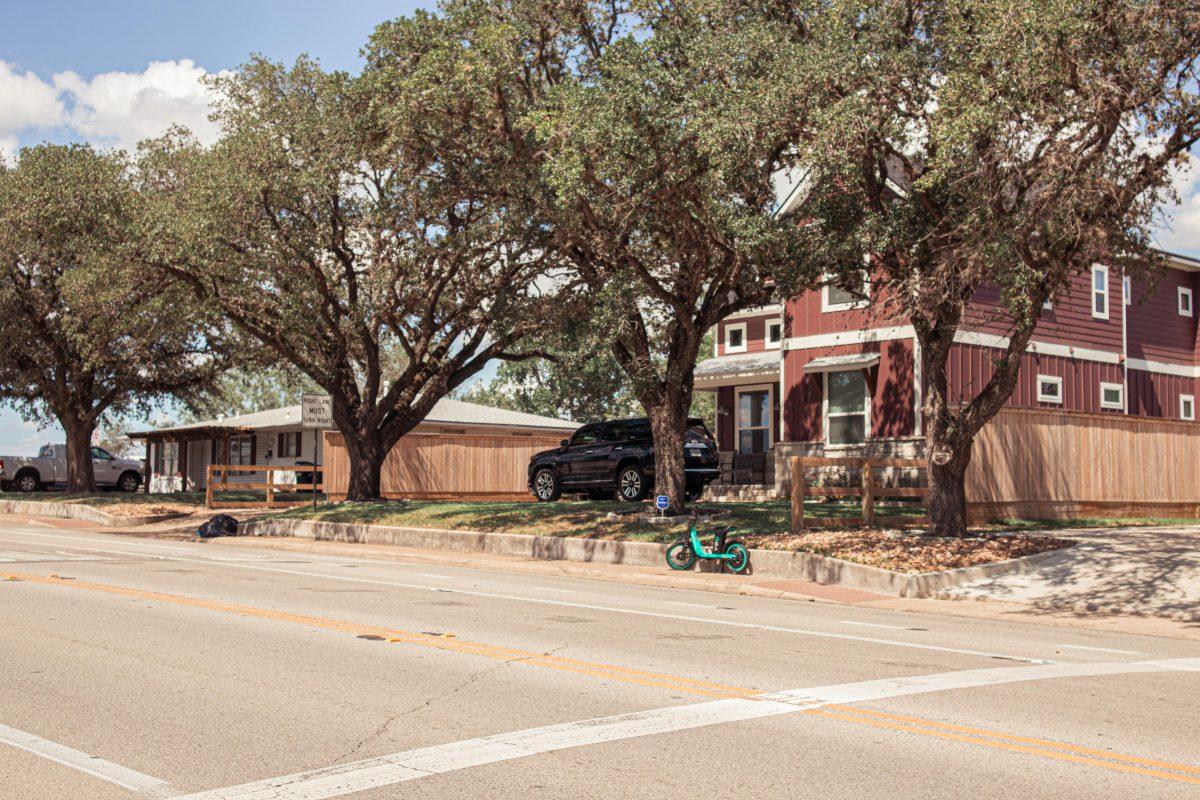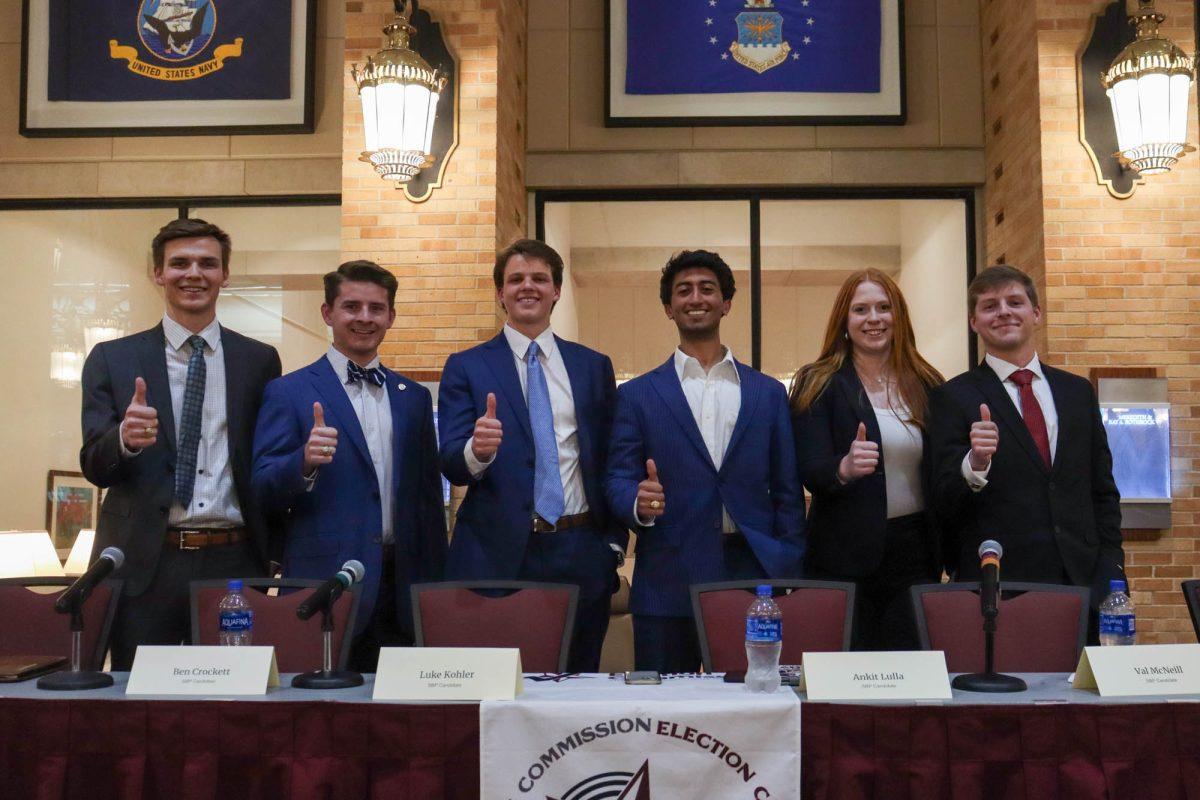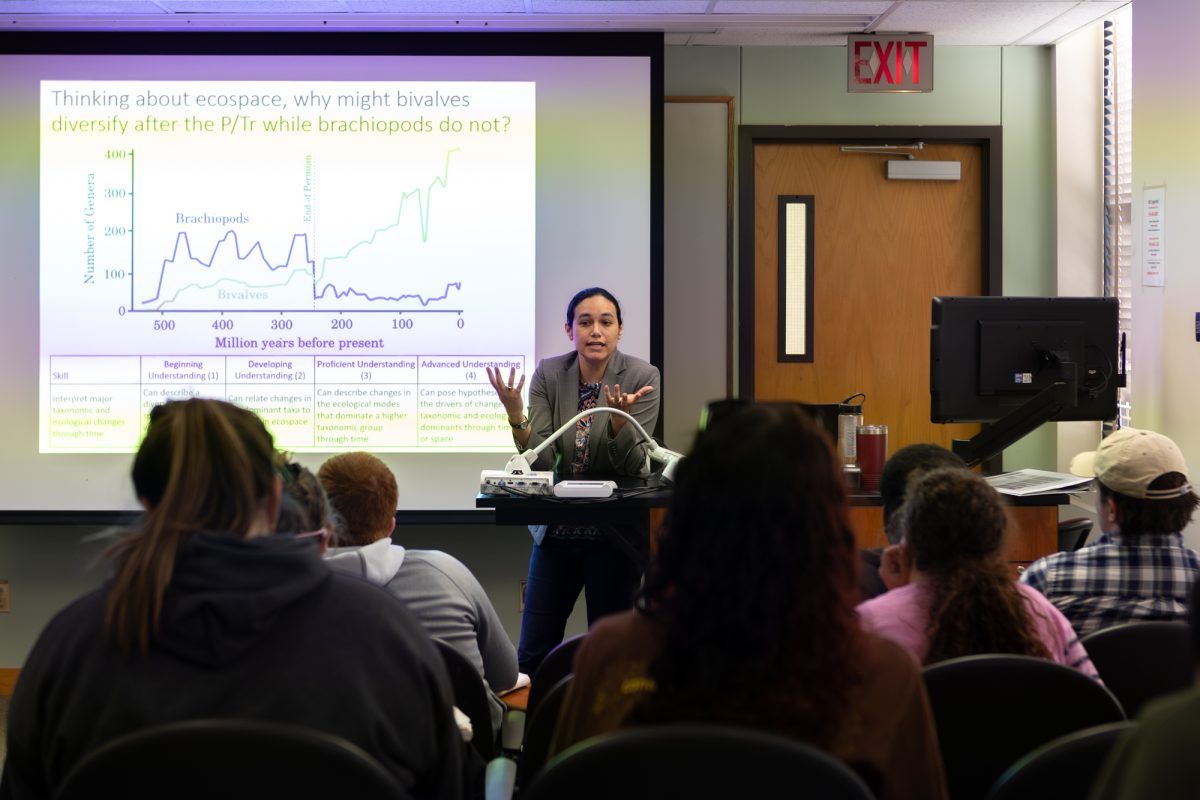Sam Somogye is a political science senior and a College Station resident.
The College Station City Council — composed almost entirely of members of the College Station Association of Neighborhoods (CSAN) — is stirring up trouble. The trouble of which I speak can be described in three words: residency occupancy overlay (ROO). Essentially, this occupancy overlay would allow no more than two unrelated individuals to live together. If you are a college student and living with friends in order to afford housing, this could affect you. I have met with members of CSAN, members of the College Station City Council and members of the Bryan-College Station Regional Association of Realtors. Here is some of what I have found:
The College Station City Council and CSAN defend their proposal by noting that 58 percent of homestead owners in any given neighborhood would have to sign the ROO before it could be put into effect. Because of that, CSAN and the city council claim it won’t have an effect on neighborhoods already predominantly occupied by households that are made up of more than two unrelated people. That may be true, but that doesn’t make the proposal fair to students in other neighborhoods.
One of the biggest questions is whether or not ROO violates the Fair Housing Act. According to the Texas Department of Housing and Community Affairs, “This Act, in addition to the Texas Fair Housing Act, protects your right to rent an apartment, buy a home, obtain a mortgage or purchase homeowner’s insurance free from discrimination based on: Race, Color, National Origin, Religion, Sex, Familial Status and Disability.” The important thing to note here is the matter of familial status. I am by no means a legal expert. Nonetheless, I believe the language from the Fair Housing Act could be interpreted in a manner that would challenge the legality of a ROO.
In Ohio, a recent regulation similar to College Station’s proposed ROO was swiftly struck down by the state’s higher courts. In Yoder v. City of Bowling Green, the United States Northern District of Ohio found that “the limit is arbitrary, unduly oppressive, fails to substantially advance the avowed government interests of reducing population density or targeting specific issues with college-aged inhabitants and treats similarly-situated homeowners and tenants differently without any justifiable basis.” The same could be said of the proposed College Station ROO. Cases like these should make the College Station City Council take a step back. Unfortunately, that hasn’t been the case.
The next thing to consider is how it would affect the local economy. The effect a policy like this could have on realtors and investors who rely on their tenants to be a source of extra income through rent payments would be severe. In the era of COVID-19, when people have lost their jobs and suffered massive economic losses, this extra income serves as a lifeline. We live in a free-market economy, and one of the biggest pieces of that is real estate. The ROO would squander the investment opportunities of College Station and make it a much less attractive housing marketplace.
Finally, it simply isn’t worth the time, energy or effort to enforce the ROO. Over the last four years, there have been hundreds of investigations into people breaking the current rule, which allows no more than four unrelated individuals to live together. In those four years, there have only been six convictions. Five of those were due to the renters self-admitting. Do we really want city officials spending time, money and energy trying to kick unrelated individuals out of the homes they pay for?
Something CSAN touts is “neighborhood integrity.” They want their neighborhoods to be made up of families and other individuals who are like-minded. However, I believe that restricting people from living together just because they are unrelated does not speak to the meaning of integrity. Groups of unrelated individuals, especially college students, just want to be able to have access to affordable housing. That isn’t a big ask. Plus, there are already ordinances in place that prohibit individuals from disrupting the peace of these neighborhoods. Why not double down on those efforts instead of creating a new one that is economically infeasible and potentially illegal?
To the residents of College Station, I encourage you to contact the College Station City Council about this matter and to stay current with what is going on in our community. As you know, there’s an election coming in November. I encourage you to register to vote in College Station so we can vote out those who do not reflect the views of thousands of the people they should be representing.
Let your voices be heard.






